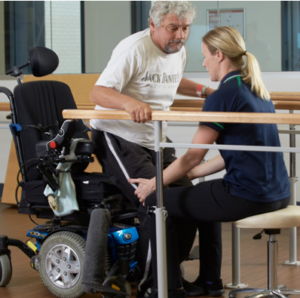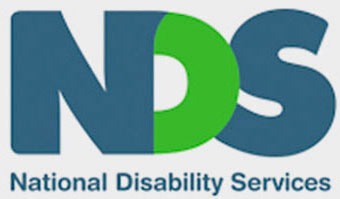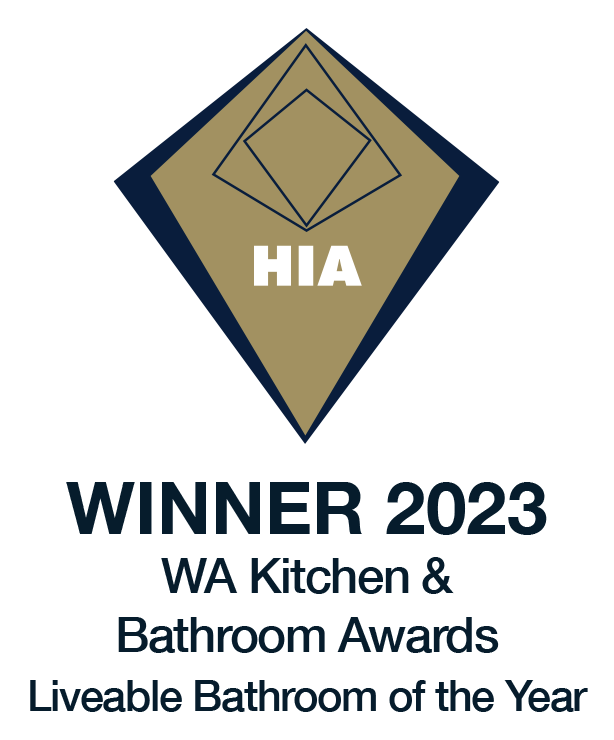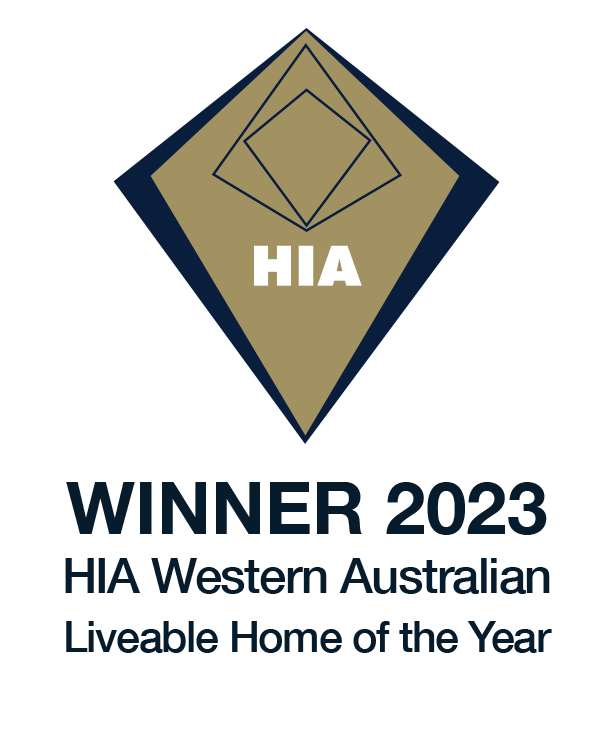For anyone who has a disability with high physical support needs, hoping to find alternative housing for greater independence… Good news!
The latest report conducted by the Summer Foundation is that Specialist Disability Accommodation in Australia is on the rise, offering more options for those currently in less than ideal living arrangements.
While the Specialist Disability Accommodation (SDA) Housing market in Australia is still very young, SDA providers now include private home builders, disability service providers and community disability services (both profit and not for profit). Combined, they now (as of March 2020) have nearly 3,000 SDA places in the development pipeline.
The majority of properties (although surprisingly not all) have been designed after consulting those with a disability, carers and family members, therapists and supported independent living providers.

Too many Australians living with disabilities are being cared for in aged care facilities, getting stuck on rehabilitation wards in hospitals with no accessible accommodation available to them, or living in housing that is only accessible to the bare minimum.
Occupational Therapist Lauren Hart, Director of Optimal Living and an NDIS approved Access Consultant says current conditions in these spaces don’t always allow for independence, privacy or comfort.
“What was initially the Livable Housing Guidelines and is now the SDA Design, and creates a much higher standard for SDA providers to strive towards when building disability accommodation. This accommodation can offer the opportunity for increased privacy, dignity, independence, but most importantly – choice and control of how and where you want live.”
Image via Fiona Stanley Hospital SRS
She added, “Connecting potential tenants who don’t even know these opportunities exist, with SDA providers who are aiming to provide a quality service, and superior accommodation experience is critical to the market working.”
The further development of SDA means more opportunities for those requiring fully accessible housing or with high support needs, to move into a home or apartment offering them more control. However, in WA there is still substantial shortfall.
SDA places in development in WA sits at 116 which includes 71 apartments, 21 group homes and 24 villas/townhouses. The properties are located predominantly in the metropolitan area. Of these, 79 have been designed and built for people with high physical support needs.
With over 1500 existing eligible NDIS funded SDA residents in WA, you would think 116 is simply not a big enough number. And it’s not.
However, one of the issues for developers of Specialist Disability Accommodation is placing tenants. NDIS funding for SDA is involved and the timeline for a person getting into NDIS housing can take up to 9 months.
Add to that, the separation of housing services from support services and finding a way to combine the two. It can all get a bit overwhelming. Not only for the prospect tenants, but also for support coordinators and those in disability services attempting to navigate the journey for those they are working with.
Thankfully, Sana Living have considered all aspects of the process. Not only do they currently have under various stages of development several living options available including share homes and single occupant apartments… Their process also enables participants to have access to guidance throughout the NDIS SDA funding application process.
Additionally, their placement process for participants enables eligible clients to have a say over where, how and with whom they live, including their selection of supported independent living provider. Sana Living want to improve the lives of those eligible for their homes sooner. They want them moved in faster and they’ve made it as simple as possible.
(From social adventures SDA March 2020 report by Summer Foundation)
If you are a support coordinator and you’re interested in finding out more about how the SDA process works, get in touch and we can organise a webinar for you or the organisation you work for.








